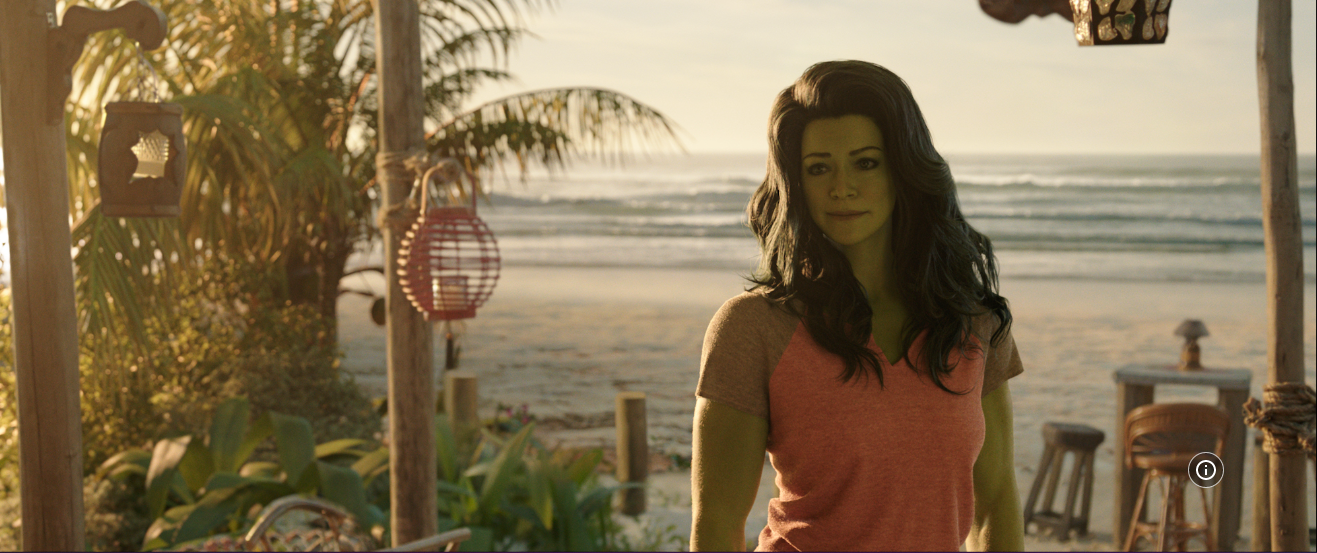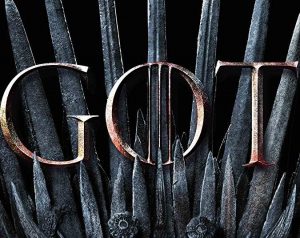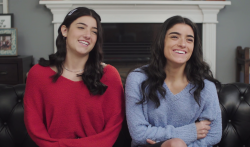Warning: Spoilers Ahead
Honestly, I’m confused. She-Hulk, Marvel’s latest superhero TV series, left me in complete emotional turmoil. I want to support this female-centered piece of Marvel content, but some of the storytelling choices distract from the storyline and only add to the increasingly problematic plot.
She-Hulk, the eighth TV series in the Marvel Cinematic Universe, follows Jennifer Walters (Tatiana Maslany)—a prosecutor and cousin of Bruce Banner (Mark Ruffalo) a.k.a. the Hulk—as she learns to navigate life, love, and law as an unwilling superhero. When Bruce and Jennifer get injured in a car accident, Bruce’s blood enters Jennifer’s system turning her into a hulk. Jennifer stumbles around blindly, unaware of what has occurred and barely conscious, until Bruce finds her and takes her to a former Stark compound where he teaches her how to be a hulk.
Through the next eight episodes, Jennifer struggles to maintain her job and identity while adapting to the unwanted new role of superhero. Along the way she starts a new job as head of the superhero department of a law firm, defends Emil Blonsky (Tim Roth) a.k.a The Abomination, goes on many terrible dates, wins cases, and makes many enemies, including the superhero influencer, Titania (Jameela Jamil). Jennifer constantly breaks the fourth wall throughout the series, indicating early on that she knows that she’s in her own TV show. This subplot culminates when She-Hulk literally breaks the fourth wall and crawls through the screen onto the Disney+ homepage and goes to confront KEVIN (not Kevin Feige, but a robot named KEVIN).
What sets She-Hulk apart from Marvel’s other series is how realistic it tries to be. The writers successfully capture what it’s like to be a thirty-something white woman working in a male-dominated industry. The whole tone of the series has a noticeably feminine influence in a way that past shows and movies do not. I will admit, I went into the series expecting an insulting parody of a “female superhero,” but fortunately, I found that not to be the case. The show was as much about womanhood and emotional exploration as it was a superhero origin story. Throughout the episodes, Jennifer navigates mundane events like being fired, addressing rivalries, dealing with gross coworkers, going on awkward dates, having one-night-stands, and being ghosted by a date—all while dealing with the new responsibilities that come with being a superhero in the public eye.
She-Hulk’s sense of humor also diverged from what fans expect from other Marvel content. Typically, the main character employs biting sarcasm directed at the friends or rivals who question them; it’s a sense of humor that aims to assert dominance. She-Hulk, on the other hand, utilizes situational humor, irony, relatability, and larger-than-life stereotypes. Essentially, it has classic sitcom humor, and it’s good to see Marvel try something new.
All is well for about five episodes—we got cameos from some beloved MCU characters like Wong (Benedict Wong) and Bruce Banner and some real-life celebrities like Megan Thee Stallion, and the writing is genuinely funny. By episodes five and six, however, things really start to trend downhill, as clichés became too intense, the drama became too frivolous, and the show’s former hilarity dies. Perhaps the worst creative choice made in the second half of the season is that Jennifer begins breaking the fourth wall more frequently, demonstrating increasing awareness that she is the main character in this TV show. What had once been quirky and fun becomes odd and cringe-worthy.
Despite all this, the greatest failing is the weak attempt at an antagonist. Throughout the season, it is hinted that there is an incel-like organization, run by HulkKing (Jon Bass), plotting to kill She-Hulk. Unfortunately, the final episode is a disaster. It turns out this supposedly ‘serious threat’ is a misogynist she’d been on a date with once and his real goal is just to become a hulk himself because he felt he is more deserving. So the real villain was misogyny all along? … I think we knew that. It is an extremely anti-climactic reveal, especially after Jennifer is humiliated and disrespected at the Female Lawyer of the Year awards show when HulkKing hijacks the event and plays an illegal sex tape of her and the guy who ghosted her. Naturally, Jen ‘hulked-out’ but is quickly thrown in jail. The ninth episode is supposed to be her opportunity to put this horrible villain in his place and give the audience a jaw-dropping reveal, but of course, none of that happens. Instead, we get the strangest and least funny fourth-wall break of the season. She-Hulk crawling through the screen and actually confronting the writers of her show is presumably an attempt at humor, but it is too shocking and out of pocket to really be a good laugh. Her actions are completely unexpected and there is no previous reference that such actions were even possible in this universe.
What keeps the show afloat on a technical level is the acting. It is, across the board, very impressive. The two stand-out performances are that of the incredible Jameela Jamil, who plays Titania, and Josh Segarra, who plays Pug—both side characters who steal the show. For the role, Jameela Jamil drops her British accent and adopts an American accent and a Valley-girl demeanor so different from herself and so convincing that I did not recognize her for the first three episodes, at least. It is scarily impressive. Pug, a fellow attorney and friend of Jen’s, is a charming and hilarious combination of ‘looks like he would kill you but is a cinnamon roll.’ He’s not in every episode, so Josh Segarra’s endearing portrayal is always a welcome treat. He is also the show’s token ‘male-feminist,’ not in the performative sense, but rather in the sense that he doesn’t understand why the other male characters are misogynistic and sexist (he’s confused a lot). Both characters are uniquely funny and their personalities push stereotypical boundaries which make them more captivating.
She-Hulk could’ve and should’ve been a great show, but the writers went way too meta, ruining what would have been a great opportunity for social commentary. Maybe season two will be better, but without a real villain or threat to drive the plot, it seems unlikely.





